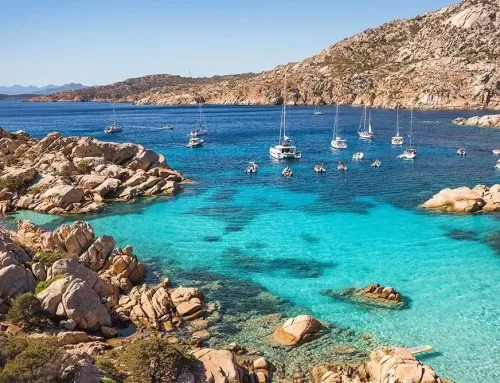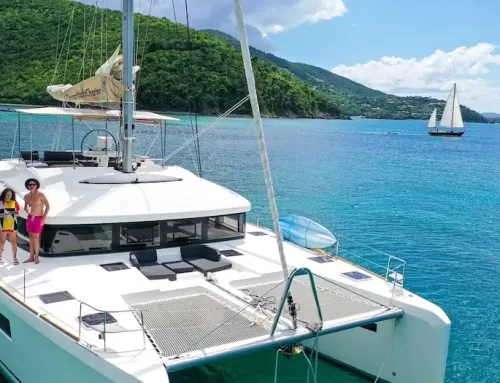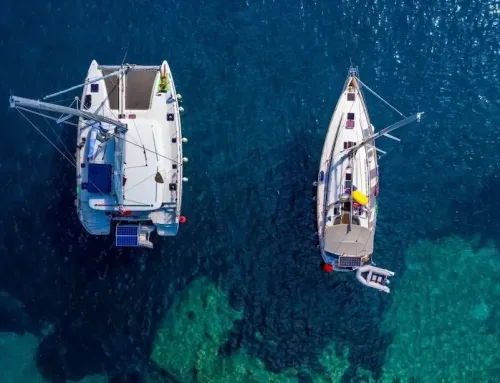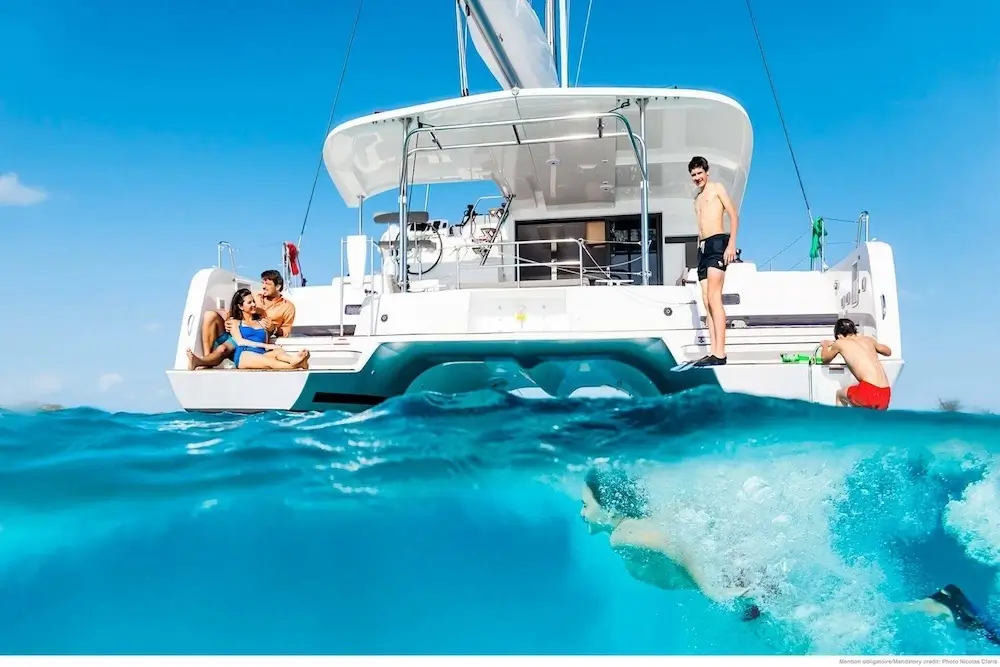
Southern Sardinia: Europe’s First Sustainable Destination Explored on Board a Boat
Embracing the Wonders of Sustainable Tourism in Southern Sardinia
Southern Sardinia, renowned for its breathtaking landscapes and rich cultural heritage, has emerged as Europe’s first sustainable tourism destination. This distinction is a testament to the region’s commitment to preserving its natural beauty while offering visitors a unique and responsible travel experience. Exploring this exquisite destination on board a charter sailboat in Italy provides an opportunity to immerse oneself in the essence of sustainable tourism.
The Concept of Sustainable Tourism
Sustainable tourism focuses on minimizing the impact of travel on the environment and local communities. It encourages responsible travel practices, supports the conservation of natural resources, and fosters socio-economic benefits for local inhabitants.
Why Southern Sardinia Leads in Sustainability
Southern Sardinia’s approach to sustainability encompasses various aspects, from eco-friendly accommodations and activities to initiatives that support local culture and traditions. This holistic approach makes it an exemplary model for sustainable tourism.
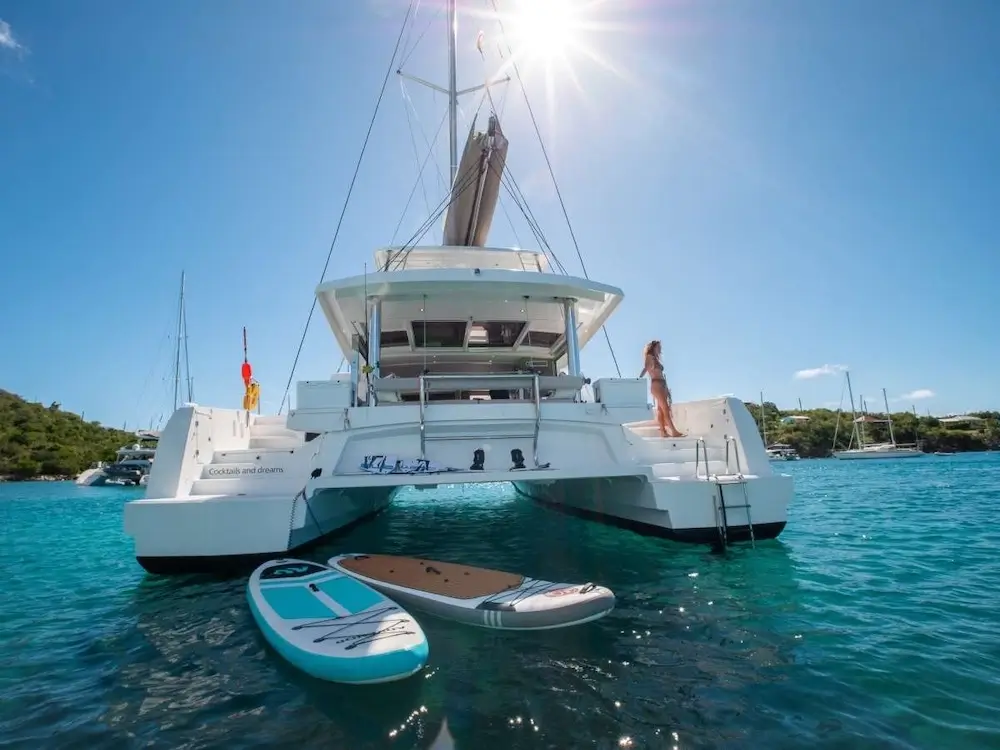
Southern Sardinia Europe’s First Sustainable Destination 2
Navigating Southern Sardinia’s Sustainable Pathways
Discovering the Pristine Beaches Responsibly
The region’s pristine beaches, such as the renowned Chia and Villasimius, are perfect examples of sustainable beauty. Efforts to maintain their natural state while providing facilities for visitors reflect the balance that sustainable tourism strives to achieve.
Eco-friendly Sailing: The Heart of the Experience
Sailing around Southern Sardinia on an eco-friendly rent a sailboat in Italy journey aligns perfectly with the ethos of sustainable travel. These charters are equipped with environmentally friendly features and follow practices that reduce their ecological footprint.
Supporting Local Communities and Cultures
A key aspect of sustainable tourism is the support of local communities. Engaging with local artisans, dining at family-owned restaurants, and participating in traditional events not only enriches the travel experience but also contributes to the local economy and cultural preservation.
The Essence of Sustainable Tourism in Southern Sardinia
Ecotourism: A Step Towards Conservation
Ecotourism in Southern Sardinia includes activities like guided nature walks, wildlife observation, and visits to protected areas. These activities are designed to educate visitors about the importance of conservation while offering them an opportunity to connect with nature.
Adventure Tourism with a Sustainable Twist
Adventure tourism in Southern Sardinia, such as hiking, kayaking, and cycling, is conducted in a manner that respects the environment. These activities allow visitors to explore the island’s diverse landscapes while ensuring minimal impact on the natural surroundings.
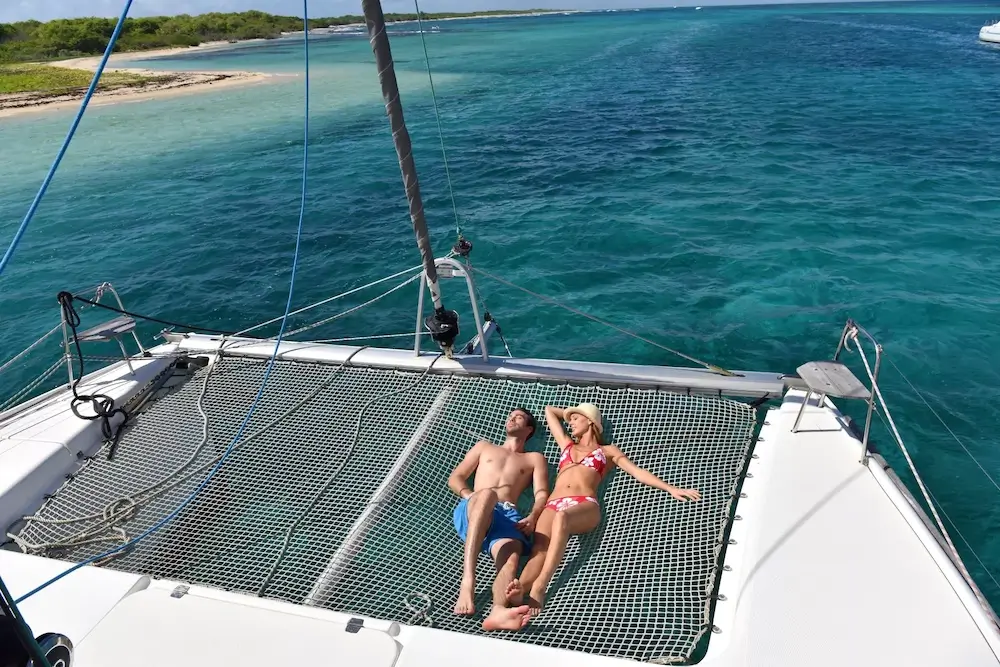
Southern Sardinia Europe’s First Sustainable Destination 3
Sustainable Practices in Southern Sardinia’s Tourism
As we continue our journey through Southern Sardinia, the focus shifts to the specific sustainable practices that make this region a leader in eco-friendly tourism. This part of the blog will explore various initiatives and activities that exemplify sustainable tourism, enhancing your experience as you charter a yacht in Italy.
Renewable Energy and Eco-Friendly Yachting
One of the key aspects of sustainable tourism in Southern Sardinia is the use of renewable energy sources, particularly in yachting. Many charter yachts are now equipped with solar panels and eco-friendly engines, reducing their carbon footprint and preserving the pristine nature of the marine environment.
Waste Management and Conservation Efforts
Efficient waste management on boats and in tourist facilities is crucial to maintaining the cleanliness and sustainability of the region. Efforts include recycling initiatives and responsible disposal practices, ensuring that the natural beauty of Sardinia’s beaches and waters remains unspoiled.
Sustainable Local Cuisine: A Gastronomic Journey
Sardinia’s commitment to sustainability extends to its culinary scene. Local restaurants focus on farm-to-table practices, using organic and locally sourced ingredients. This not only supports local farmers but also reduces the environmental impact associated with long-distance food transportation.
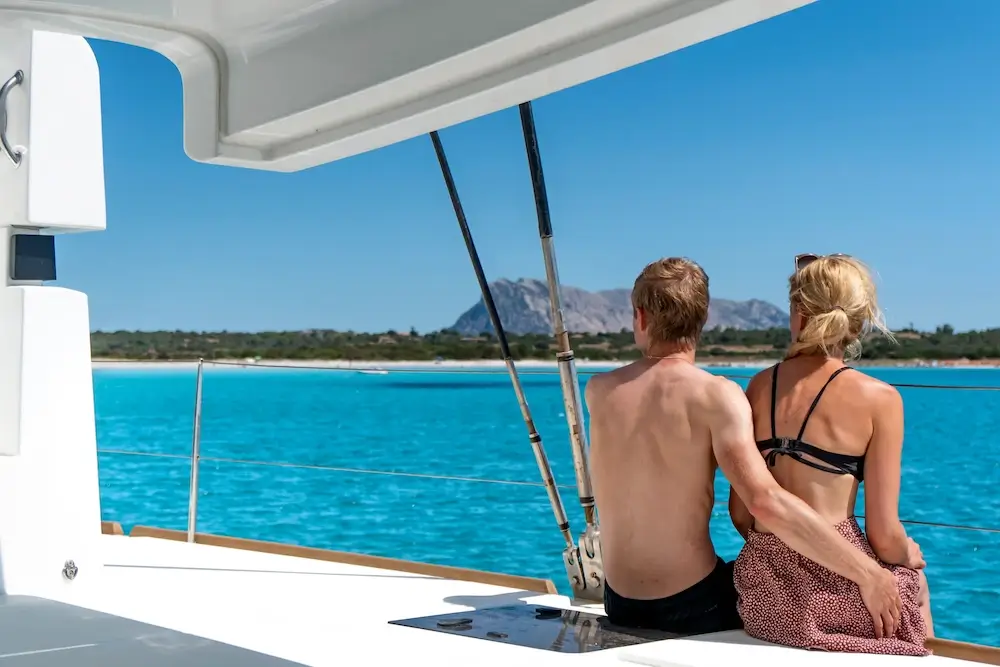
Southern Sardinia Europe’s First Sustainable Destination 4
Examples of Sustainable Tourism in Southern Sardinia
Responsible Wildlife and Marine Life Observation
Southern Sardinia offers opportunities for wildlife and marine life observation that adhere to ethical and sustainable practices. This includes guided tours that respect the natural habitat of species and contribute to conservation efforts.
Cultural Preservation through Tourism
The region has successfully integrated tourism with cultural preservation. Visitors can experience traditional Sardinian crafts, music, and festivals, which not only provides a deeper understanding of the local culture but also supports the preservation of these traditions.
Eco-friendly Accommodations and Services
Many accommodations in Southern Sardinia have adopted eco-friendly practices, including the use of renewable energy, water conservation systems, and sustainable building materials. These establishments offer a comfortable stay while minimizing their environmental footprint.
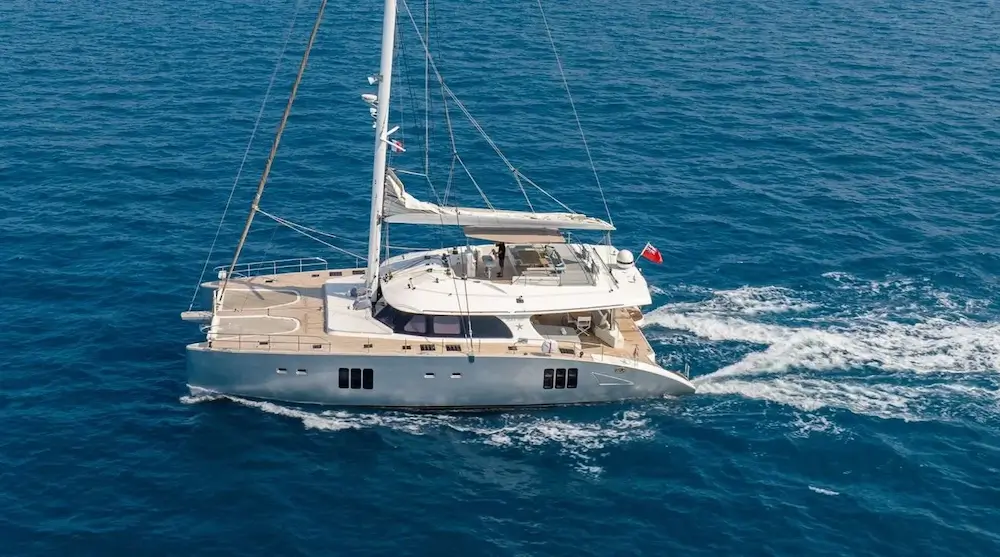
Southern Sardinia Europe’s First Sustainable Destination 5
Embracing Sustainable Tourism as a Traveler in Southern Sardinia
In the final section of our exploration of Southern Sardinia, we focus on how travelers can actively participate in and support sustainable tourism practices. Engaging in responsible tourism during your yacht charter in Italy not only enhances your experience but also contributes to the ongoing efforts to preserve this magnificent region.
Tips for Sustainable Yachting
- Eco-friendly Navigation: Opt for sail-powered yachts when possible, and be conscious of fuel consumption if using motorized yachts.
- Responsible Anchoring: Anchor in designated areas to avoid damaging underwater ecosystems, particularly coral reefs and seagrass beds.
- Minimize Water and Energy Usage: Be mindful of your water and energy consumption on board. Simple actions like shorter showers and turning off lights when not in use can make a significant difference.
Supporting Sustainable Local Businesses
- Shop Local: Purchase souvenirs and products from local artisans and markets. This supports the local economy and reduces the carbon footprint associated with importing goods.
- Dine Locally: Choose restaurants that source their ingredients locally and offer traditional Sardinian cuisine. This not only provides you with an authentic culinary experience but also supports local farmers and producers.
Participating in Eco-Friendly Activities
- Join Conservation Efforts: Participate in beach clean-ups or other environmental conservation activities if available.
- Choose Sustainable Tour Operators: Select tour operators that have a proven commitment to sustainable practices, whether for diving, snorkeling, or land excursions.
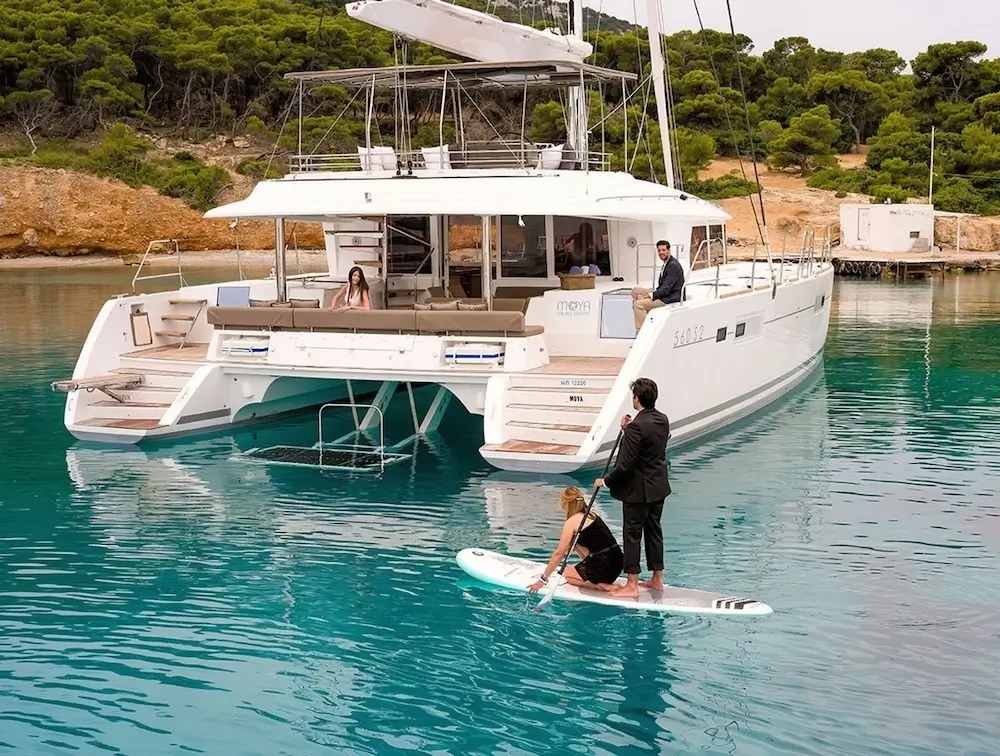
Southern Sardinia Europe’s First Sustainable Destination 6
Tourism Destination Sustainability in Southern Sardinia
Southern Sardinia serves as a model for destination sustainability, balancing the needs of tourism with environmental preservation and community well-being. The region’s approach to sustainable tourism is multifaceted, addressing ecological conservation, cultural preservation, and economic development in harmony.
The Future of Sustainable Tourism in Southern Sardinia
Looking ahead, Southern Sardinia is poised to continue its leadership in sustainable tourism. Ongoing efforts to innovate in eco-friendly practices and community-based tourism ensure that the region remains at the forefront of sustainable travel destinations.
